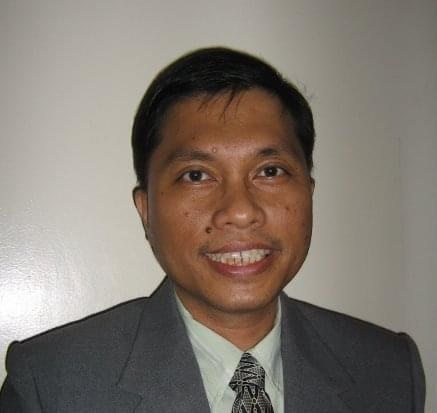OBLIQUE OBSERVATIONS
By Atty. Gilberto Lauengco, J.D.
The tattoo prank: Online responsibilities and liabilities
Share
“It is not only for what we do that we are held responsible, but also for what we do not do.” - Moliere
For the past few days, several netizens have been mesmerized by the story of a food store owner who came out with a rather unique challenge.
In an online post, the food store owner issued a challenge wherein the same would pay PHP100,000 to anyone who would tattoo the store’s logo on his/her forehead. The post came out on April Fool’s Day and it was apparently a prank, according to the online creator/food store owner who also pointed out that once anyone clicks the photo for instructions, then the phrase April Fool’s would be clearly seen emblazoned at the bottom of the post.
Unfortunately for the said food store owner, someone actually allegedly took the challenge and had himself tattooed and wanted to claim the prize. The tattooed person, allegedly, badly needed the money and did not notice the phrase April Fool’s.
Initially, the food store owner denied that he had any liability and argued that the post was clearly an April Fool’s Day prank. He then blamed the tattooed person for having a low reading comprehension. A veritable online storm ensued. Thousands of netizens bashed the food store owner as being insensitive. At the end of the day, it was the food store owner who settled the matter when he eventually gave the prize money to the tattooed person.
Despite the settlement, numerous debates on online responsibility and even liability still surround the issue. Given the circumstances, would the food store owner be held liable if the tattooed person had rejected the offer and sued him? This would have been an interesting case.
Some opined that the food store owner cannot be held liable as there was no obligation created on the part of the said food store owner. They say that the tattooed person was negligent and did not exercise the appropriate diligence when he read the post. On the other side of the fence, some say there was a contract created when the food store owner posted that challenge, and someone accepted. There are even some people who suspect that the entire incident was just a scripted incident to get folks riled up and garner views and comments.
Obligations are created by contract or law. One of the requisites of contracts is consent. Consent is created when there is an offer and acceptance. It can be argued that there was no valid offer by the food store owner. Under the law, however, when someone causes damage to another due to negligence, then, that person should compensate the other. It is dangerous to assume that everybody can understand the nuances of an online post, especially a prank.
It is also inherently wrong to pin responsibility on the victims of online pranks and irresponsible posts. Even if there was a degree of negligence by the reader of the online prank or post, the said reader did not initiate the incident. When someone posts a prank, that person cannot then shift the obligation to be diligent on the reader. It is also not the fault of the reader if he/she has a low level of reading comprehension.
Whether this entire matter is scripted or not, this incident should open the legal discussion on liabilities and responsibilities for online pranks and posts, in general. There is a growing number of incidents where online pranks go awry. There must be clearer legislation or rules on online pranks that cause damage to people.
Worse than online pranks, is the growing proliferation of fake online news or so-called product endorsements of products with dubious qualities. The internet is now filled with so-called fake celebrity endorsements of health food, treatments, and even beauty products. These products mostly have no Food and Drugs Administration (FDA) approvals. Not only is there negligence involved but also a probable degree of malice.
With some social media platforms easing up on policing the posts made in their spaces, all sectors of society must be active in preventing the ill effects of these social media maladies. Do we need a fatal incident arising from an online post before collective action is taken?
This is my oblique observation.
Editor’s note: The opinions expressed in the foregoing article are solely the author’s and do not reflect the opinions and beliefs of the Philippine News Agency (PNA) or any other office under the Presidential Communications Office.
Comments
About the Columnist

ATTY. GILBERTO LAUENGCO, J.D. is a lawyer, educator, political strategist, government consultant, Lego enthusiast, and the director of CAER Think Tank. He is a Former Vice Chairman of MECO, Special Assistant of NFA and City Administrator among others. His broad experience has molded his unique approach to issues analysis which he calls the oblique observation.
